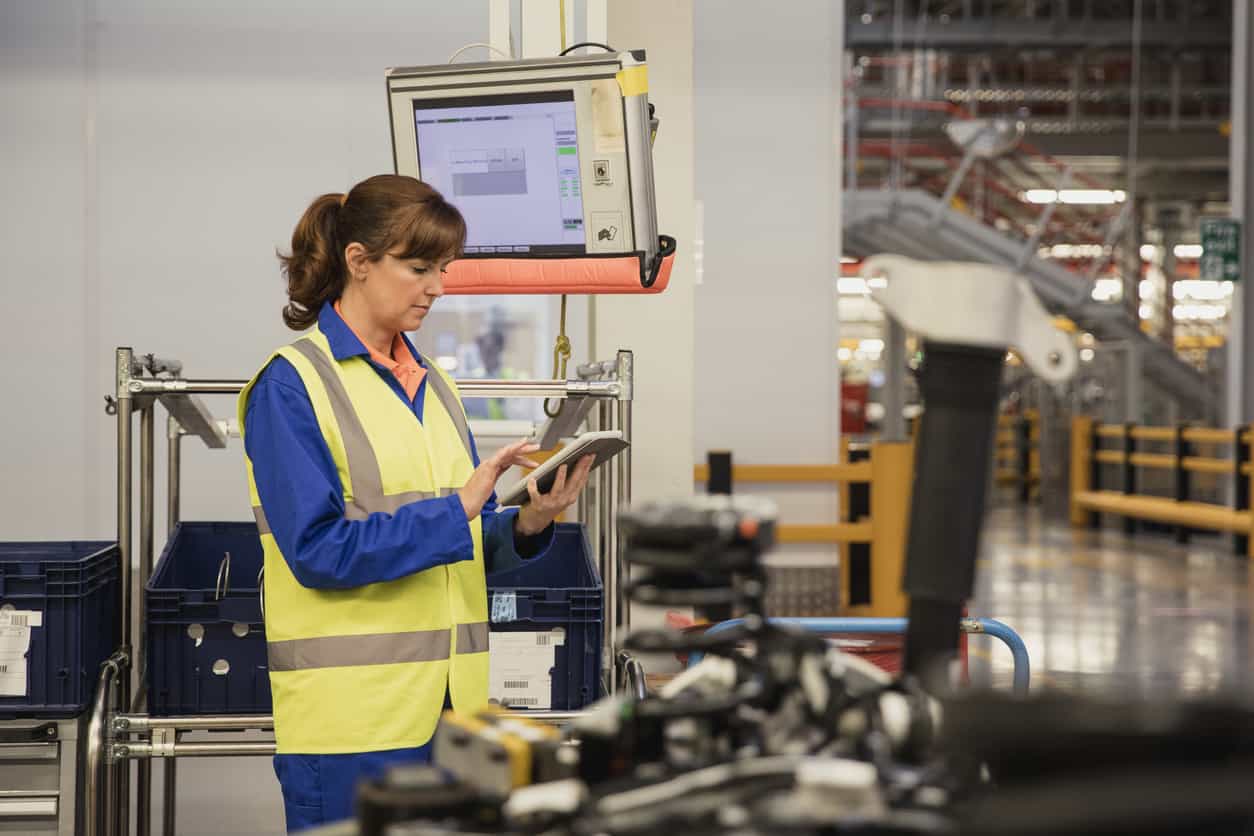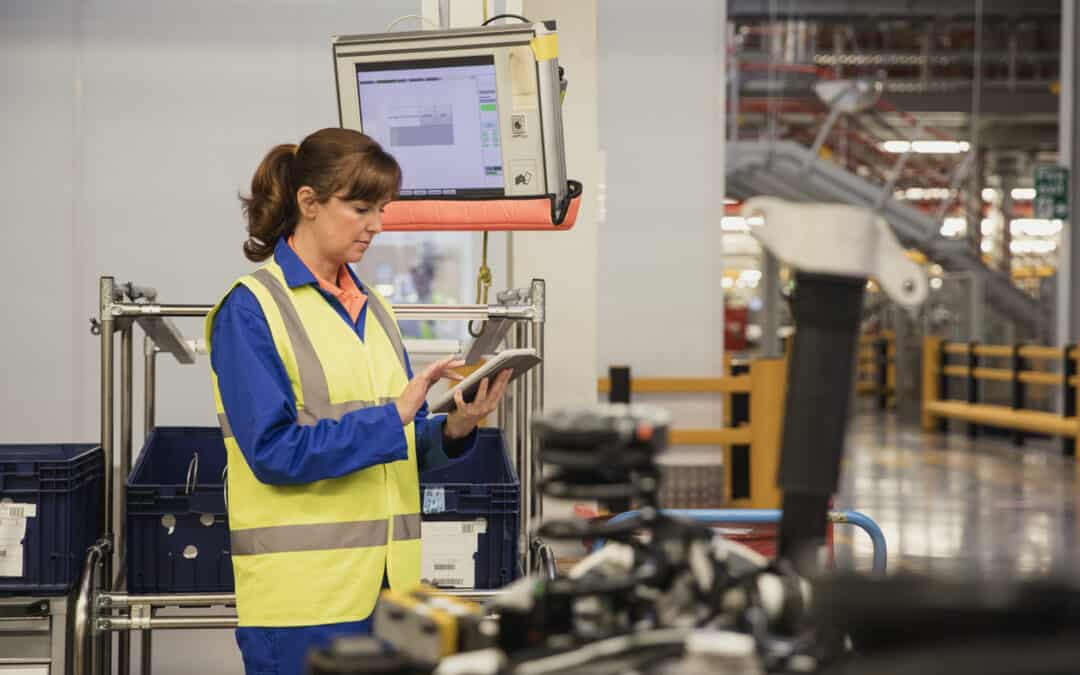Achieving Zero-Defect Manufacturing with MES in Critical Industries

In industries where the stakes are exceptionally high, striving for zero-defect manufacturing is not merely ambitious—it’s essential. This blog post explores the transformative role of Manufacturing Execution Systems (MES) in enhancing production outcomes. In environments where the cost of a single error can be profound, MES stands out as a crucial ally, bolstering financial stability and safeguarding consumer safety.
Understanding the Concept of Zero-Defect Manufacturing
The ethos of zero-defect manufacturing revolves around the relentless pursuit to minimise, if not entirely eliminate, production errors. It’s an approach that mandates absolute precision, exhaustive quality control, and continuous process improvement. Particularly in sectors such as automotive and aerospace—where the consequences of a single flaw can extend to severe safety risks and financial losses—the drive towards zero defects is not just about meeting a quality benchmark; it’s about preserving life and upholding brand integrity.
[ Read more on the Zero-defect philosophy ]
MES: Enhancing Zero-Defect Manufacturing
Manufacturing Execution Systems (MES) are at the forefront of this quest for perfection. By offering a comprehensive suite of capabilities, MES facilitates:
1. Real-Time Monitoring: MES systems stand guard, continuously monitoring production activities. This vigilance is crucial for the early detection of any deviations, enabling immediate corrective measures and preventing minor issues from escalating.
2. Data-Driven Optimisation: Through the meticulous collection and analysis of production data, MES uncovers insights into process inefficiencies and defect patterns. Armed with this knowledge, manufacturers can refine their operations, enhance product quality, and significantly reduce the likelihood of defects.
3. Workflow Integration: MES seamlessly integrates disparate elements of the manufacturing process, from scheduling and material handling to execution and analysis. This holistic approach ensures that every phase of production operates in concert, a key factor in maintaining the uniformity and consistency required for zero-defect manufacturing.
Enhancing Traceability and Accountability with MES
In high-stakes manufacturing, the ability to trace every component and process step is not just a regulatory requirement—it’s a cornerstone of quality assurance. MES systems excel in providing detailed tracking and documentation, ensuring that manufacturers can account for every aspect of production. This traceability is indispensable for regulatory compliance, quality control, and facilitating thorough post-market analysis in the event of any issues.
Tackling the Human Element
While MES offers a robust technological framework for zero-defect manufacturing, the human element remains pivotal. Empowering employees through training and support is crucial. Staff must be adept at interpreting MES alerts and insights, enabling them to take swift, informed action to mitigate risks and drive continuous improvement.
Navigating MES Implementation Challenges
Deploying MES in a high-stakes environment comes with its set of challenges, including substantial investments in technology and training, as well as the need to foster a cultural shift towards embracing data-driven manufacturing principles. Overcoming these hurdles is essential for leveraging MES to its fullest potential.
Future Outlook: MES as a Catalyst for Manufacturing Excellence
As industrial demands evolve and the tolerance for errors continues to diminish, the role of MES in facilitating zero-defect manufacturing is increasingly critical. By enabling the integration, analysis, and optimisation of manufacturing processes, MES is poised to be an invaluable asset in the ongoing pursuit of manufacturing excellence.
The journey towards zero-defect manufacturing in critical industries is intricate and challenging. However, with MES as a strategic partner, manufacturers have access to the tools and insights necessary to achieve and sustain the highest standards of quality. As we look towards the future, the integration of MES within manufacturing operations is set to be a key driver in realising a new era of production—one where defects are not merely reduced but are entirely eradicated.
Unleash the Power of Digital Manufacturing
Download our free Digital Transformation Starter Kit to set the gold standard for operational clarity and excellence.





